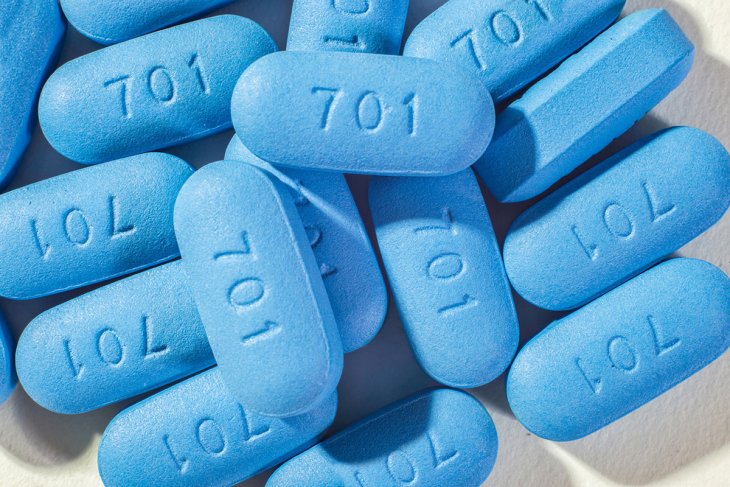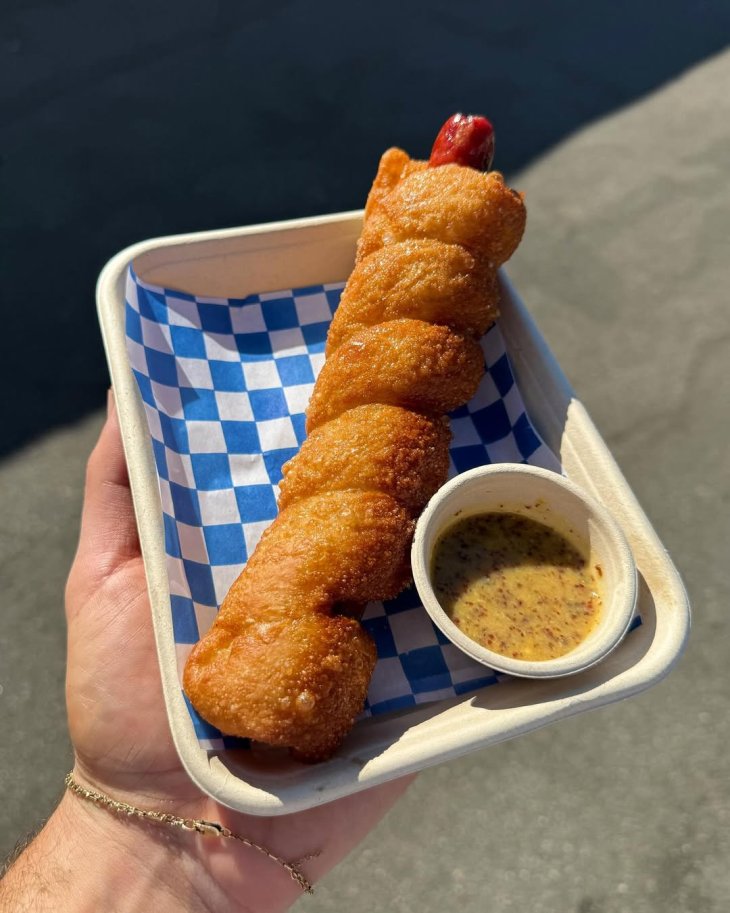The duration that CBD is detectable in the body after use depends on how frequently a person uses it. For infrequent users, it can stay in their system for a few hours to a couple of days. However, for those who use it more regularly, it can take up to a month for the CBD to completely leave their system.
The half-life of CBD, or how long it takes for the body to eliminate one-half of the substance, is also a determining factor in how long it will stay in someone’s system. For CBD, the half-life ranges from one hour to five days. Therefore, the amount of time that the CBD will stay in your system will depend on both how much you use and how often you use it.
What Is CBD?
Cannabidiol, or CBD, is one of the hundreds of cannabinoid compounds found in cannabis. CBD can be extracted from cannabis or hemp and mixed into oil to create a CBD tincture. Tinctures containing CBD may help with general health and well-being.
CBD is non-intoxicating, meaning it won’t make you feel “high” like THC will. When used on its own, CBD has been shown to offer relief from anxiety, inflammation, pain, and seizures. CBD can also be effective in combination with other medications for treating more serious conditions like epilepsy and cancer.
If you’re considering using CBD, it’s critical to purchase from a reliable provider. Look for a brand that offers third-party lab results, so you can rest assured that the goods are safe and effective. Interested in CBD? Burning Daily has a wide selection of other various hemp products.
Factors That Influence the Duration of CBD in Your System
How Long Does CBD Stay in Your System?
The duration of time that CBD stays in your system will depend on several factors. These include:
The Method Of Consumption:
CBD can be consumed in many different ways, each of which will result in a different absorption rate and duration of effects. When CBD is smoked or vaped, it is rapidly absorbed into the bloodstream and reaches peak levels within minutes. However, the effects will wear off after 1-2 hours. Eating CBD is a slower process, as the compound must first be metabolized by the liver before it enters the bloodstream. As a result, it can take 1-2 hours to feel the effects of CBD when it is ingested, but these effects will last for 4-6 hours.
Finally, applying CBD topically will result in localized relief without any psychoactive effects. Topical CBD products are typically used for muscle pain or inflammation and can provide relief within minutes that lasts for several hours. Ultimately, the best method of consumption will depend on your individual needs and preferences.
The Potency Of The CBD:
CBD’s potency is one of the things that influence how long it stays in your system. CBD with a higher dosage will take longer to leave your system than CBD with a lower dose. Cannabidiol has a half-life of approximately 2-5 days, which means that after taking a single dose, your body will remove half of the CBD in 2-5 days. The other half will be eliminated in another 2-5 days, bringing the total time to about a week for your body to get rid of CBD from your system.
Your Body Weight:
The time CBD remains in your system is, to some extent, correlated with body weight. In broad terms, a person carrying more mass will take longer to metabolize and excrete cannabidiol than someone lighter. The reason for this has to do with how CBD is dispersed throughout the body—which happens according to one’s percentage of body fat. Therefore, if you have above-average amounts of adipose tissue, it’ll take your physique longer to break down the compound and expel it.
Your Metabolism:
Because metabolism impacts how quickly CBD leaves your system, it’s crucial to think about both your weight and metabolism when taking CBD. A fast metabolism will, of course, break down and remove CBD more rapidly than a slower one. On the other hand, if you want to maximize the effects of CBD by having it stay in your system for a longer time frame, then you’ll need to have a slower metabolism. All bodies are different though so finding what works best for you is key!
Frequency Of Use:
CBD is lipophilic, meaning it dissolves in fats. Therefore, it is stored in our body’s fat cells. CBD is processed and eliminated from the body differently depending on how often it’s used. People who use CBD regularly may find that it takes up to two weeks for the compound to be completely metabolized, while Occasional users will likely see CBD leave their system within a week of ceasing use. This difference exists because regular users will have built up a higher tolerance to the compound, requiring more time for processing.
What Does CBD Do To The Brain?
Cannabidiol (CBD) might work by impacting the endocannabinoid system, which is responsible for many body processes like mood, memory, appetite, and pain. CBD may also help to reduce stress and anxiety by modulating the release of neurotransmitters like serotonin. In addition to its effects on the endocannabinoid system, CBD also has antioxidant, anti-inflammatory, and neuroprotective properties. These properties may help to protect the brain from damage and disease.
CBD, unlike tetrahydrocannabinol (THC), is not psychoactive. This means it doesn’t cause the “high” associated with marijuana. This makes it a safe and Effective treatment for a variety of ailments. CBD research is still in its early stages, but it appears to be promising.
Conclusion:
As CBD oil has become more popular in recent years, so too have the questions about what it is and how effective it may be. CBD oil is generally considered safe, but as with any remedy – natural or not – it’s important to talk to your doctor before you start taking it. Just like anything else, there are fake and low-quality products on the market when purchasing CBD oil which is why finding a reputable source is key. Have you tried using CBD oil? What were your results?






















